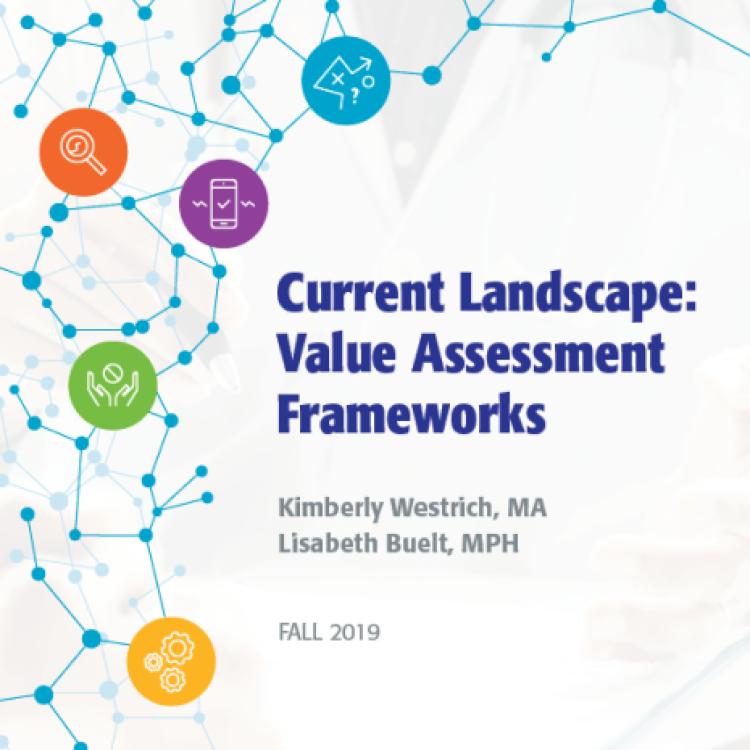The National Pharmaceutical Council (NPC) today released an analysis of seven U.S. value assessment frameworks, comparing and contrasting the strengths and limitations associated with each framework.
Interest in value assessment frameworks has been growing in recent years, given trends toward measuring the value of health care treatments, innovating payment models and lowering health care costs. In the United States, however, value assessment is still a young and evolving field.
The NPC analysis, Current Landscape: Value Assessment Frameworks, examined existing frameworks through the lens of six broad categories: development process, measures of benefit, measures of cost, methodology, evidence and assessment process.
The analysis asserts that there is no “best” framework and that health care decision-makers should rely on multiple frameworks and tools to assess value, rather than looking to a single framework to inform health care decisions. That’s because there are still areas of concern, including:
- Lack of patient-centeredness: Frameworks should incorporate the elements that matter most to patients, not offer a one-size-fits-all solution.
- Lack of transparency: Value assessment methodology and models should be transparent and replicable.
- Limited evidence base: High-quality evidence, including real-world data, should be incorporated into frameworks and frameworks should be updated regularly.
- Untested methods: Frameworks’ underlying methodologies need to be sound and validated.
- Confusing outputs: Framework outputs must be clear to ensure decision-makers do not misinterpret the assessment results.
- Lack of system-wide perspective: Assessments should be conducted on a broad range of services across the health care system, not just on pharmaceuticals.
Frameworks reviewed included the American College of Cardiology and the American Heart Association Statement on Cost/Value Methodology in Clinical Practice Guidelines and Performance Measures, the American Society of Clinical Oncology’s Conceptual Framework to Assess the Value of Cancer Treatment Options, Memorial Sloan Kettering Cancer Center’s DrugAbacus, the Institute for Clinical and Economic Review’s Value Framework, the Innovative and Value Initiative Open-Source Value Project, National Comprehensive Cancer Network Evidence Blocks, and the Patient-Perspective Value Framework by Avalere and FasterCures.
